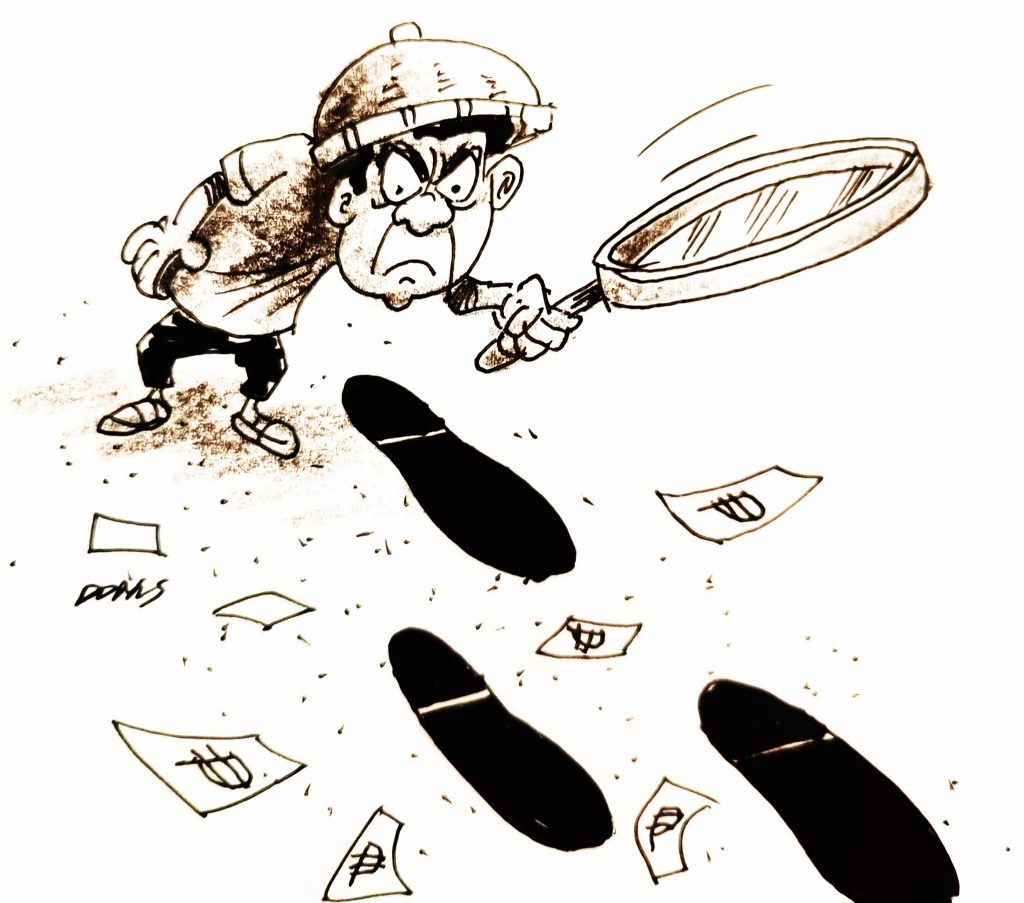Corruption in the Philippines is not seasonal but a chronic disease that constantly thrives. Hence, vigilance against it must not stop; instead, it must intensify and be sustained at all costs. To relent is to concede, and concession only feeds the rot.
Corruption is never stagnant—it grows, multiplies, and evolves with time. When officials get away with it, they become bolder, brazen, and inventive in their schemes. This unchecked progression makes corruption far more insidious than a single act of theft; it transforms into a culture that poisons institutions and robs the people of justice and dignity.
Even when the old faces of corruption are removed, new ones quickly rise to take their place. This generational breeding is one of the gravest dangers, for it creates a lineage of officials who inherit the power and the vice of abusing it. Young leaders, exposed early to compromised systems, are taught that corruption is not a crime but a norm. The cycle repeats itself endlessly unless it is broken with relentless opposition.
The fight against corruption, therefore, must not only depend on the exposure of scandals or the removal of individuals but must be rooted in systemic reform. Laws should not be toothless pronouncements but sharp instruments that enforce accountability. Every transaction in government, big or small, must be subjected to the light of transparency. Only when processes are fortified with safeguards can the avenues of corruption be narrowed, if not completely closed.
There should be an unyielding culture of accountability that permeates every corner of public service. Citizens must be vigilant, watchdog institutions must be strengthened, and leaders must be compelled to act under constant scrutiny. Corruption thrives in silence and indifference, but it crumbles when confronted with a society that demands honesty and transparency at every turn. We must weaken the chains of corruption that have long enslaved us.




